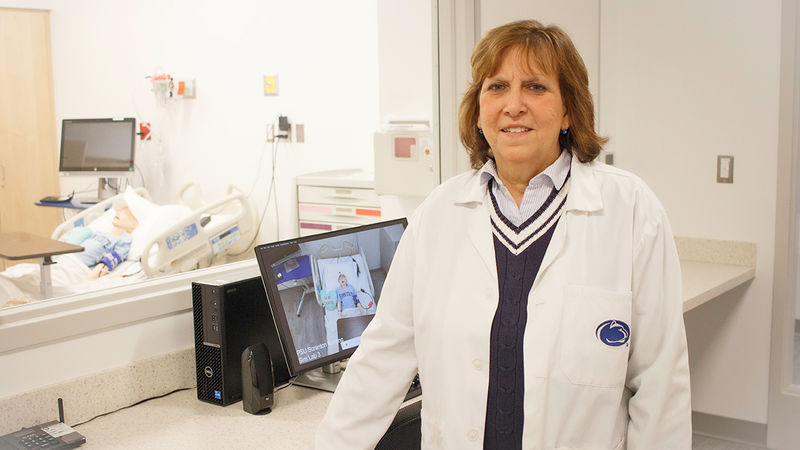Celebrating the heart and dedication of an Assistant Teaching Professor of Nursing
In the heart of Northeastern Pennsylvania, there is a shining example of compassion and dedication in the field of nursing education: Assistant Teaching Professor of Nursing Annette Blasi-Strubeck.


